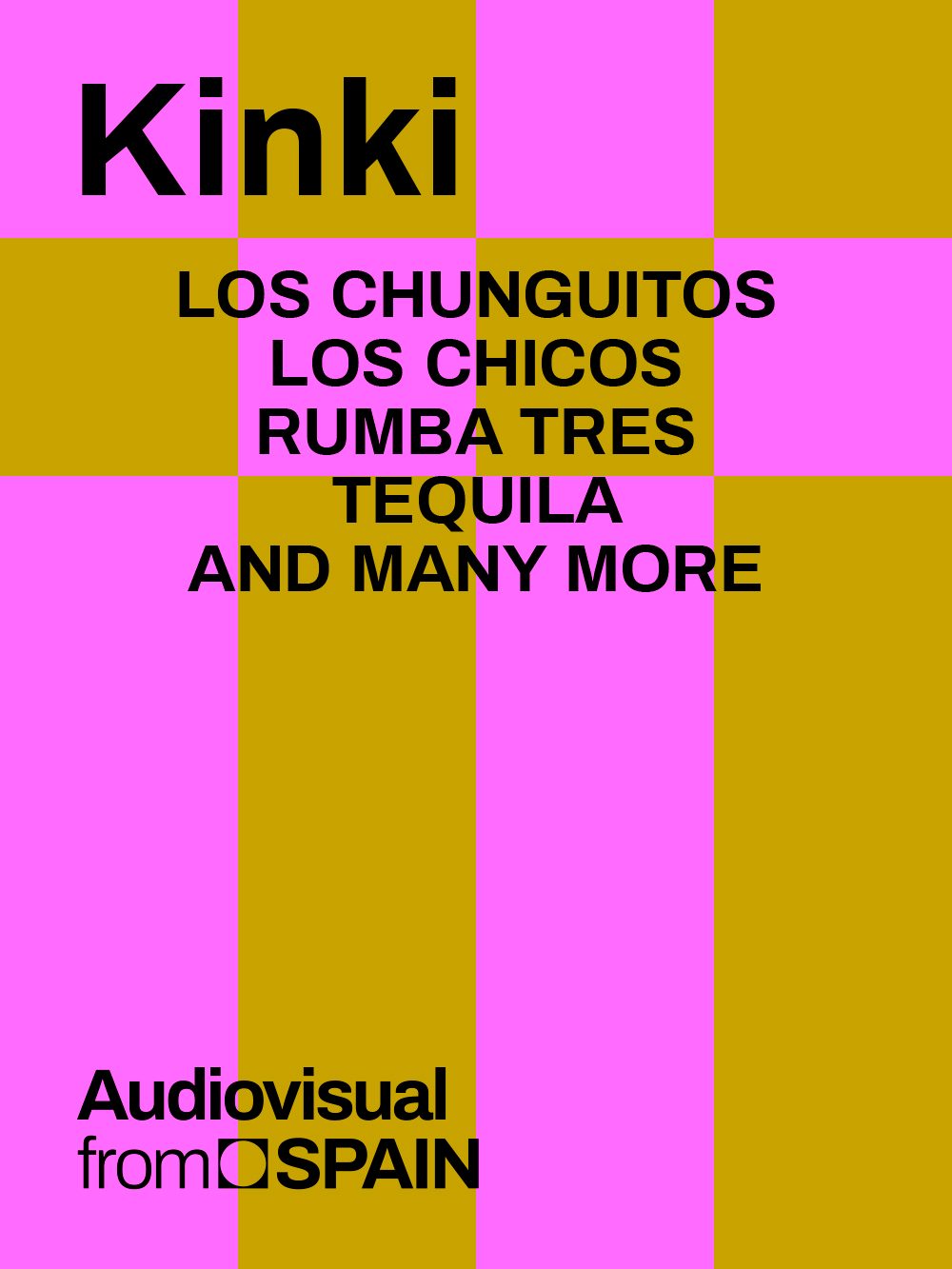Part of the history and culture of Spanish movies soundtracks of those characters who had a tough life out of the law and social standards.
In the late '70s and '80s of the last century, Spain was in the midst of a deep economic crisis. While the country was leaving the dark years of the Franco dictatorship behind and embracing democracy, a part of the population that had been both socially and economically marginalized tried to make a living by robbing banks or pickpocketing wallets and purses to get their hands on a few pesetas. These were the years of the remorseless entry of hard drugs, with the resulting drug dealing and the havoc caused by heroin, which left marginalized young people in the gutter, and families devastated by a that was untenable.
This scenario also provided an opportunity for the emergence of artistic expressions of this marginalization, giving expression to the incidents of robbery, relationship with authority, collegiality and the impact that drugs had on those who had succumbed to them, and the suffering caused to friends and family. All this drew a portrait of the protagonists, who were called “Kinkis” (“Kinkis” is a word adapted from the world of scrap metal and dealing with “quincalla” - discarded objects of little value that might provide a family’s sole source of economic support). Primarily through comics, music and cinema all these forms of expression were culturally integrated. "Kinki" cinema has this name because it focuses on this ‘underclass’ and their circumstances. Inevitably the films portraying these lives were accompanied by music as an expression of that generation and of depressed areas, creating the soundtracks for these stories and achieving great commercial success at that time.
Both the protagonists and the characters in the films, and those involved in the songs and soundtracks, experienced the depression and loss due to the devastation caused by drugs during those times at first hand. Key bands created songs that were anthems of the time, such as “Me sabe humo” by Los Chunguitos, and “Quiero ser libre” by Los Chinchos. Directors like José Antonio de la Loma or Eloy de la Iglesia were some of the pioneers of the genre, and films like “El Pico”, “El Vaquilla” or “Street Warriors” defined an era in Spanish cinema.
